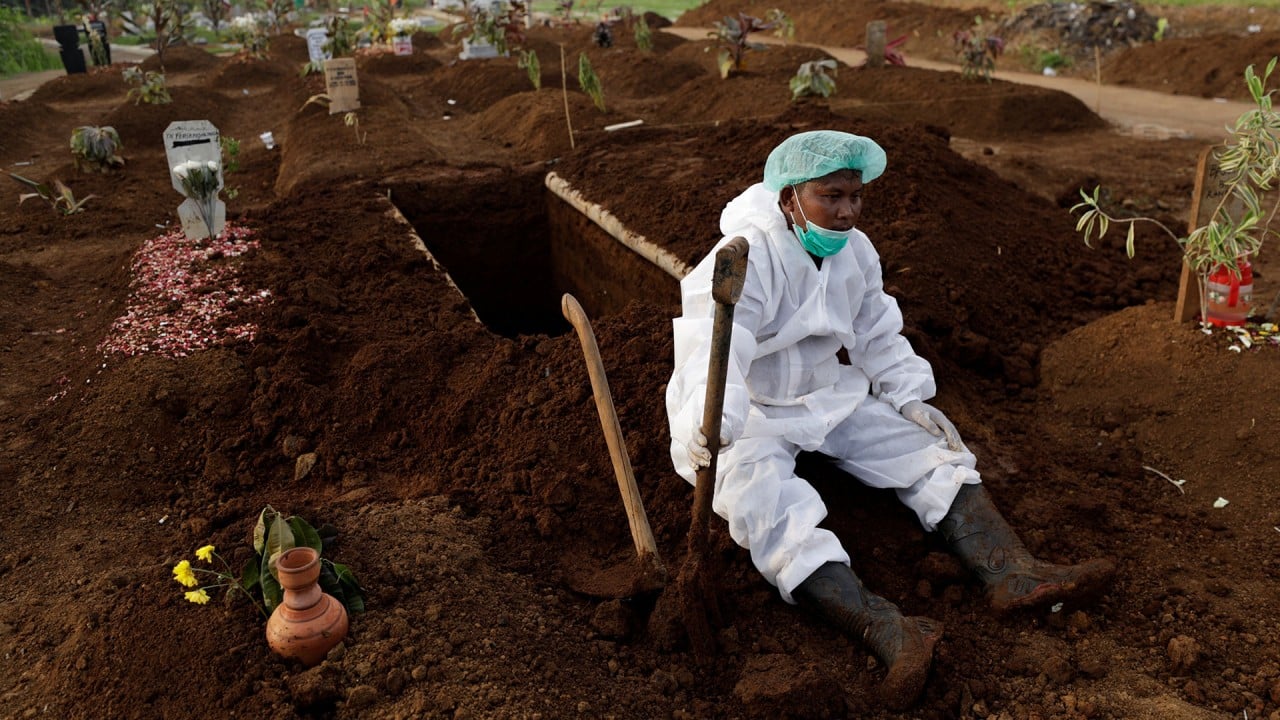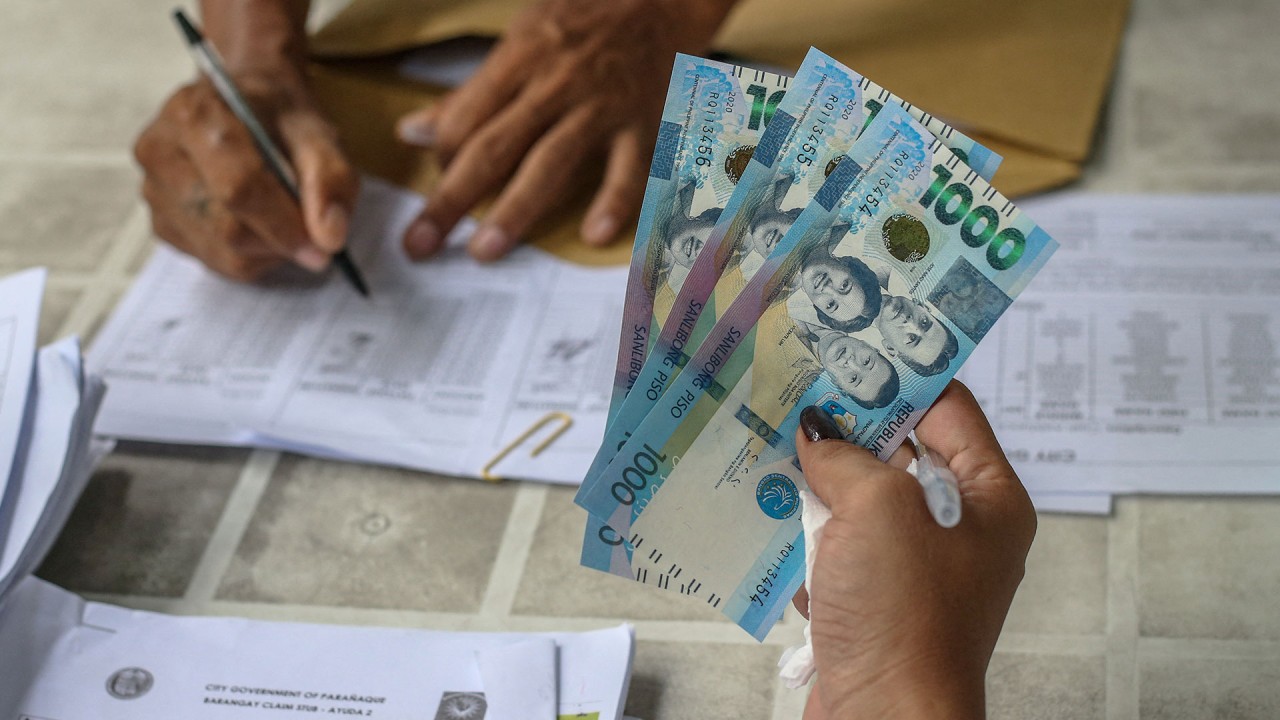
With Covid-19, Hong Kong’s addiction to domestic helpers is becoming dangerous
- The scheme to allow in helpers from Indonesia and the Philippines, badly hit by Covid-19, is alarming
- Is Hong Kong is so hooked on cheap labour that it is willing to risk its residents’ health?
Flights were sensibly suspended to prevent local outbreaks, but employers seeking cheap labour helped persuade the authorities to have them resumed. The government was bound to cave in as the resulting shortage had led to spiralling wages and the knock-on effects would have revealed just how broken the city had become.
But there’s nothing straightforward about plans to bring in new maids who have documents showing they have also been immunised.
No matter how much effort is made to verify such claims, there are two reasons they should be barred; Indonesia and the Philippines are in the grip of serious coronavirus surges involving the Delta and other worrying variants, while both countries also rank poorly in global assessments of corruption.
On a list of 180 nations, Transparency.org placed Indonesia as the 102nd least-corrupt place and the Philippines at 115th in its latest ranking. Hong Kong is ranked as the 11th least corrupt, along with Australia, Britain and Canada.
I have personal experience in the Philippines of just how easy it is to jump government and hospital queues, and change basic personal details on official documents; it’s all about money. Obviously, should the Hong Kong scheme to bring in helpers go ahead, there will have to be the strictest monitoring.
Such a level is only fair. The minimum wage for helpers is set at HK$4,630. Supporting a family of four or five on such a wage is impossible in Hong Kong and just as difficult in Indonesia and the Philippines.
It is enough to cover basic needs, but does not allow for much savings for health emergencies, paying for school fees or improving homes. It invites illegal work on days off or borrowing money, usually at excessive interest rates.
Helpers supposedly perform an important service for the city, enabling parents to earn salaries while they are freed from domestic duties and their children and elderly parents are being cared for.
Most people I know see their helpers more as status symbols. There are also those who are too lazy to cook, clean and iron. The idea is also a novelty for some expatriates who couldn’t afford a full-time domestic helper in their own countries.
There is something more troubling about the foreign helper system, though. I’ve no qualms about them taking care of children, but relying on them to care for and make important decisions about the well-being of elderly people who may have serious health issues isn’t right. That is the job of professionals guided by family members.
More than gratitude, Hong Kong’s domestic helpers deserve respect
A government that enables such a system can then wash its hands of providing essential public services, such as after-school child care and facilities for the elderly.
Wouldn’t it be better to have a quota system so that only those who genuinely need a full-time, live-in maid could have one? Those who are wealthy enough to hire them to walk the dog, wash the car or cook should hire locally from a pool of domestic professionals.
Public facilities for child care and elderly care that are so lacking could be provided. Hong Kong’s public places wouldn’t be overrun when foreign maids have days off. Our needs would be met, jobs created and, most of all, Hong Kong would be kept safe.
Peter Kammerer is a senior writer at the Post



